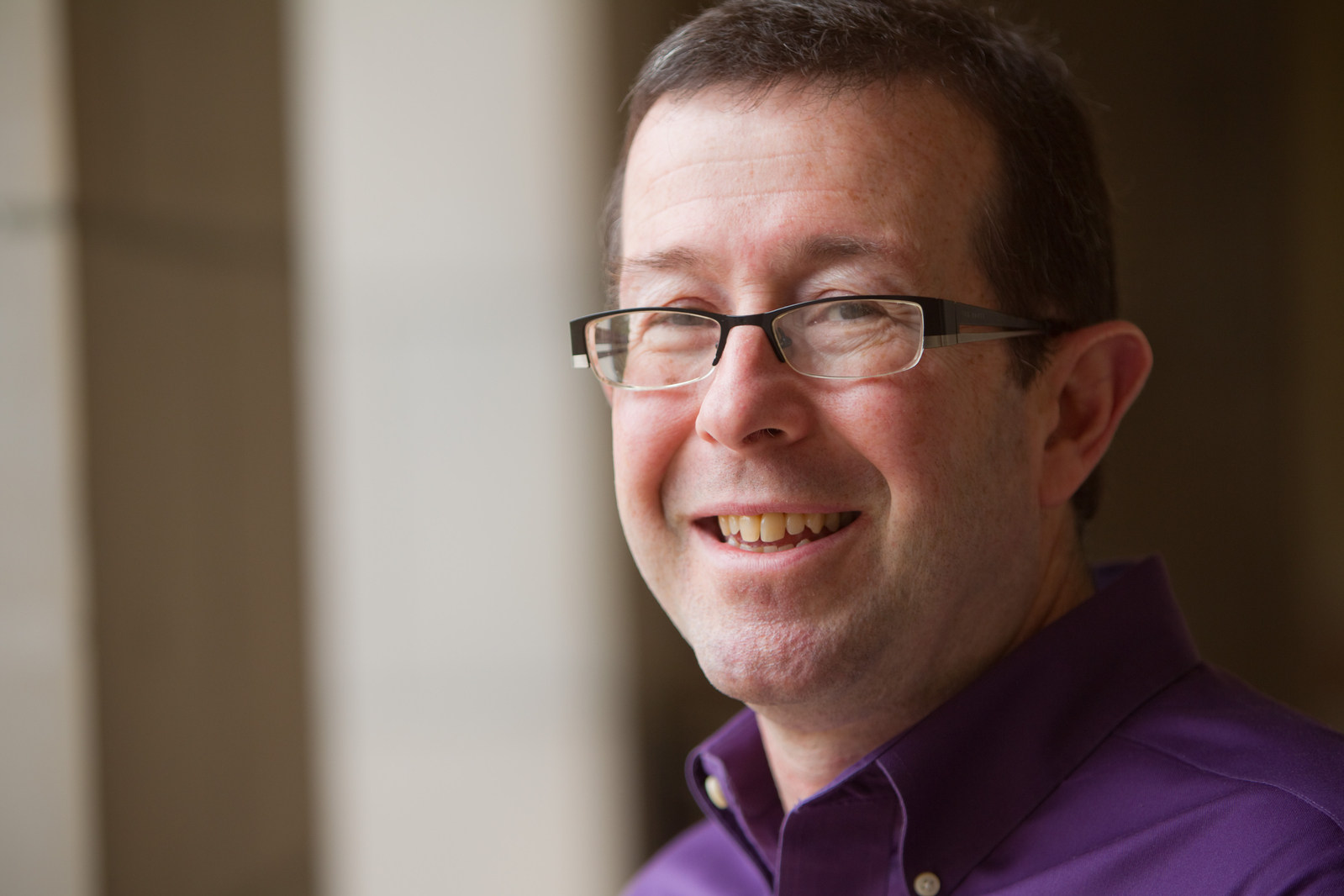First college assignment: ethics
From genetic testing to regenerative medicine to stem cell research, breakthroughs in science and medicine have multiplied the ethical questions confronting this generation of college students.
With its 2011 summer reading assignment, Wake Forest University seeks to engage incoming students in thorny bioethics issues, while also addressing broader ethical issues in society. Like many universities, Wake Forest assigns summer reading as a way to get a head start on building intellectual and community connections.
“The Summer Academic Project: Bioethics and the Tuskegee Syphilis Experiment” includes readings on ethics, bioethics and medical research.
“Ethical challenges are at the core of all our lives, and matter especially for the intellectual and personal growth of new students,” said Perry Patterson, the associate dean for academic advising who oversees orientation for first-year students. “College life, with all its happy freedoms, also presents students with new challenges. For example: How do I handle a proposal to share test answers? How do I treat my new roommate and my new faculty mentors?”
Students have been assigned James H. Jones’ writings on the Tuskegee syphilis experiment, a famous study of poor, rural black men which led to the development of stronger ethical standards for using human subjects in medical research. Jones wrote the book, “Bad Blood,” which documented the tragic case of researchers who failed to treat patients with penicillin after it was discovered to be an effective cure for syphilis. During orientation, students will engage in small group discussions led by their student (peer) advisers, who have been trained by faculty leaders. Jones will speak on campus Nov. 10. Movies, a play and other speakers will help carry the discussion through the first semester.
A large number of Wake Forest students go on to medical school, but Patterson notes that medical ethics is relevant to every student, whether their major is going to be biology or business. “All of us depend on access to the wealth of discoveries in science and medicine that often have involved human subjects,” he said. “What constitutes informed human consent in a laboratory setting, or a sociological survey, or an oral history project? Our hope is that our students will develop a heightened sense of both biomedical research and of ethics in general from this discussion, and that these important ideas will permeate and inform all their studies to come, at Wake Forest and beyond,” Patterson said.
Ana Iltis, the director of Wake Forest’s Center for Bioethics, Health and Society who helped organize the project with the center’s co-director Nancy King, said the start of college is the right time to encourage students to think about ethics. “For incoming students, it is a time of great decision-making and questioning. They start to figure out what they really think, apart from parents and families.”
During orientation, students will discuss in small groups the definition of ethics and the top 10 ethical questions for incoming students.
The bioethics center was established in 2009 to address ethical, social and policy issues relating to biotechnology, biomedical research, health care and public health across a range of disciplines.
Categories: Experiential Learning, University Announcements
Media Contact
Wake Forest News
media@wfu.edu
336.758.5237





